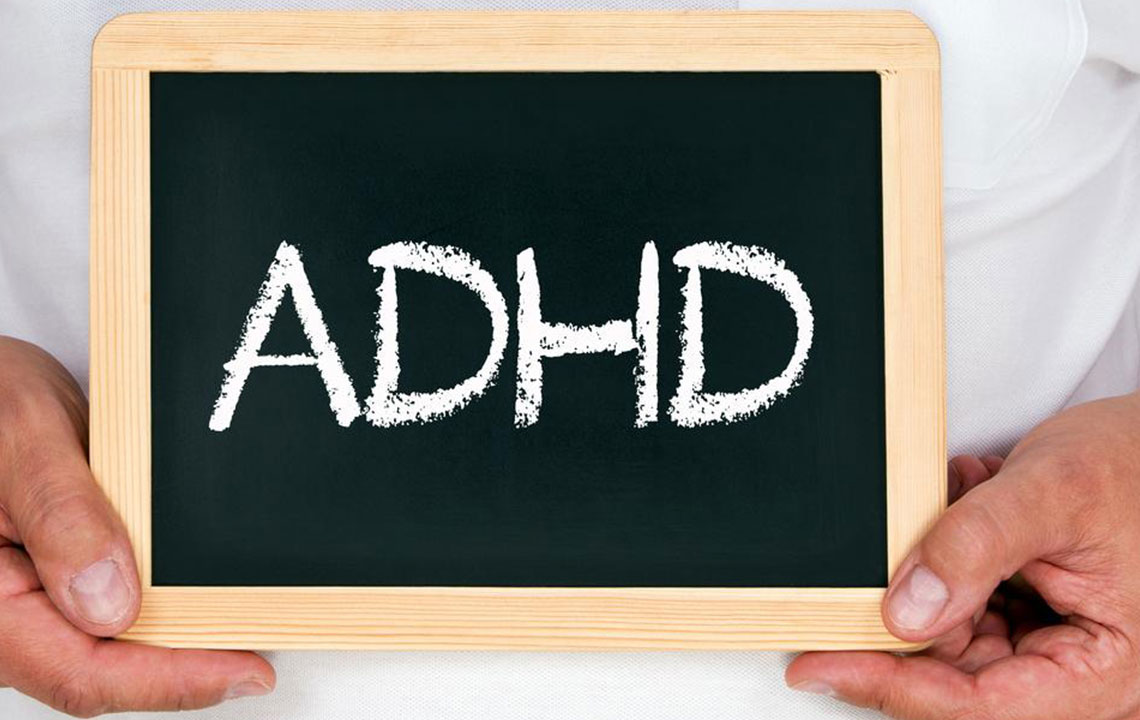Understanding Adult ADHD: Essential Symptoms and Key Indicators
Adult ADHD often presents with subtle symptoms that impact daily life, such as organizational struggles, impulsivity, and emotional regulation issues. Recognizing these signs early can lead to better management and improved quality of life. This in-depth guide helps adults understand the key indicators of ADHD, enabling timely diagnosis and effective treatment options. Increased awareness is vital to reduce misunderstandings and stigma associated with adult ADHD, helping individuals lead more focused and organized lives through appropriate interventions.

Understanding Adult ADHD: Essential Symptoms and Key Indicators
Attention Deficit Hyperactivity Disorder (ADHD) is a neurodevelopmental condition most commonly associated with childhood, yet it significantly affects many adults as well. While often considered a childhood diagnosis, ADHD persists into adulthood for a substantial portion of individuals, presenting unique challenges that can be subtle and difficult to recognize without awareness. In fact, recent studies estimate that up to 5% of adult populations in countries like the United States are affected by ADHD, with many remaining undiagnosed or misdiagnosed due to overlapping symptoms with other mental health conditions.
Adult ADHD manifests through a variety of symptoms that may differ in presentation from childhood ADHD but still profoundly influence daily functioning, relationships, and professional life. Recognizing these signs is crucial for early diagnosis and effective management, which can dramatically improve an adult’s quality of life. The challenge lies in identifying symptoms that are often dismissed as personality traits or lifestyle issues, such as forgetfulness, restlessness, or impulsivity.
This comprehensive guide discusses key symptoms and behavioral indicators of adult ADHD, emphasizing the importance of awareness and understanding. By recognizing these signs, individuals and healthcare providers can better navigate the path toward diagnosis and targeted treatment plans. Below are the most common symptoms to watch for in adults who may be living with ADHD, along with explanations of how these signs manifest and impact everyday life.
Understanding these symptoms not only helps in identifying potential ADHD cases but also aids in reducing stigma and promoting seeking professional assistance for proper evaluation and treatment.
Core Symptoms and Indicators of Adult ADHD
Organizational Difficulties: Struggling with managing daily responsibilities such as paying bills on time, organizing household chores, coordinating family schedules, or maintaining a clean living space. Adults with ADHD often find it hard to plan ahead or follow through with tasks, leading to chaos and stress.
Impulsiveness and Reckless Behavior: Difficulty in controlling impulses can lead to regrettable decisions, risky driving behaviors, or spontaneous actions without considering potential consequences. This impulsivity may result in accidents or conflicts in personal and professional settings.
Relationship Challenges: Adults with ADHD may experience frustrations in relationships due to poor listening skills, forgetfulness, or perceived indifference. They might struggle to keep commitments or follow up on important conversations, causing misunderstandings and disagreements.
Difficulty Maintaining Focus and Attention: Easily distracted by external stimuli or wandering thoughts, adults may miss important details at work or in social situations, which hampers performance and credibility. Tasks that require sustained mental effort often prove particularly challenging.
Restlessness and Inner Tension: Feelings of constant agitation, nervousness, or being on edge. Unlike hyperactivity seen in children, adults may experience internal hyperactivity characterized by a sense of restlessness and difficulty relaxing, often mistaken for anxiety or stress.
Procrastination and Poor Time Management: Delaying tasks until the last minute, arriving late to appointments, or struggling to prioritize activities. These behaviors are common among adults with ADHD, often leading to missed deadlines and increased stress levels.
Emotional Dysregulation: Difficulties in managing emotional responses, including frequent mood swings, irritability, or episodes of anger. This emotional volatility can strain personal relationships and affect overall mental health.
Challenges in Prioritization: Having trouble distinguishing between urgent and non-urgent tasks, resulting in inefficient use of time and energy. This often leads to tasks piling up or being left incomplete.
Hyperfocus: paradoxically, some adults with ADHD experience episodes of intense concentration on specific activities or interests, to the point of losing awareness of their surroundings. While hyperfocus can be productive, it may also cause neglect of other responsibilities.
Impulsivity: Making snap decisions, interrupting others, or acting without fully considering the consequences. Such impulsive behaviors can have adverse effects on personal and professional relationships.
Negative Self-Image: Ongoing struggles with focus and organization often lead to self-criticism, low self-esteem, or feelings of inadequacy. This negative perception can further hinder motivation and emotional well-being.
Recognizing these symptoms is the first step toward seeking appropriate diagnostic evaluation and treatment options. While adult ADHD can be challenging to self-identify, understanding these key indicators allows individuals and healthcare professionals to work collaboratively towards effective management strategies. Treatment approaches may include medication, behavioral therapy, coaching, and lifestyle modifications, all aimed at improving daily functioning and emotional health.
In conclusion, adult ADHD is a complex yet manageable condition. Increased awareness and early intervention are essential for adults experiencing these symptoms, enabling them to lead more organized, focused, and fulfilling lives. If you recognize several of these signs in yourself or someone you care about, consider consulting a healthcare professional for a comprehensive assessment and personalized treatment plan.





